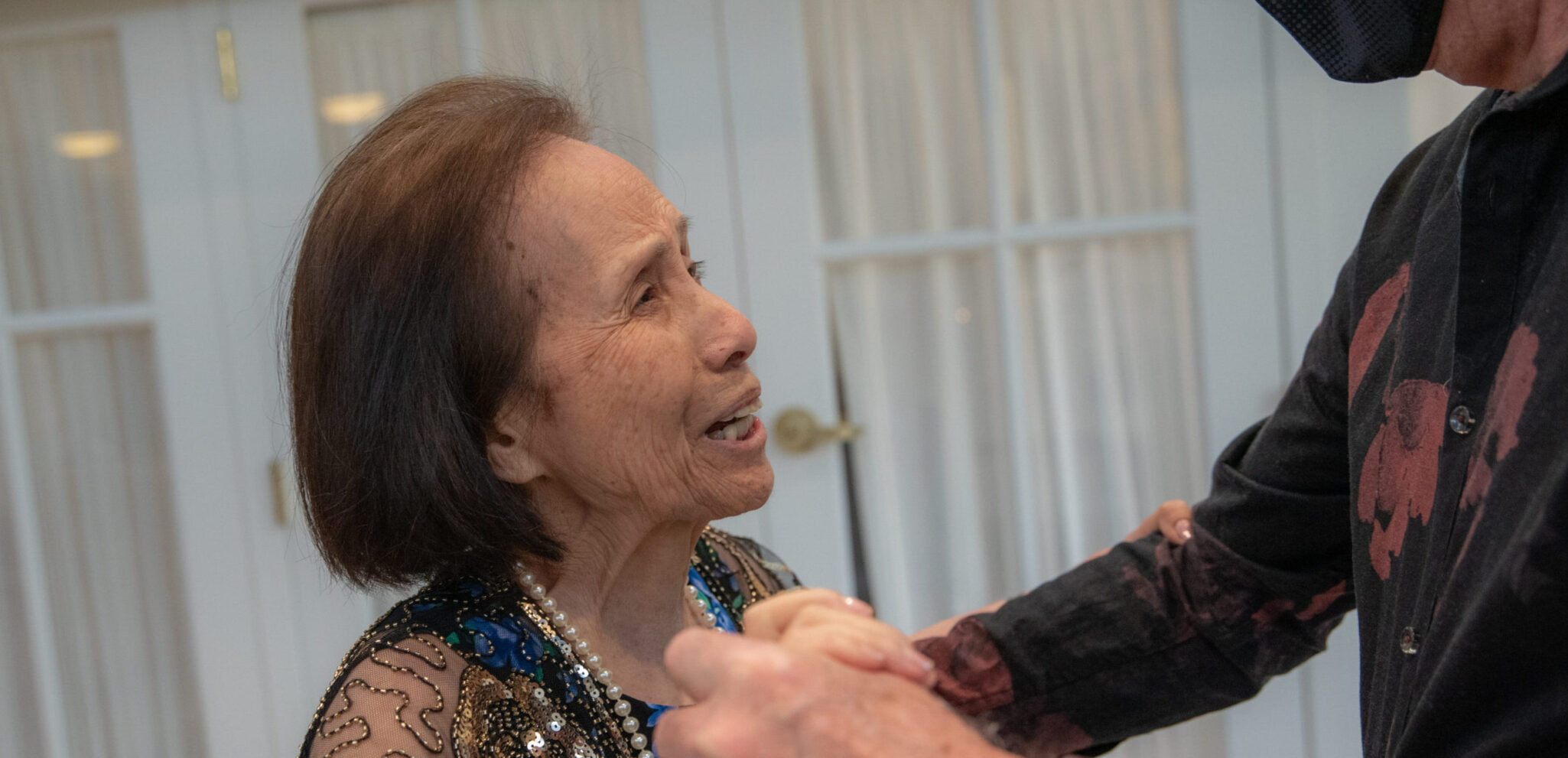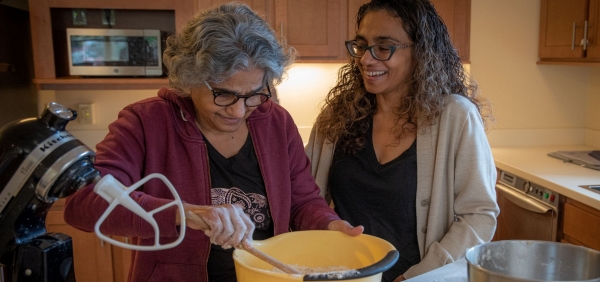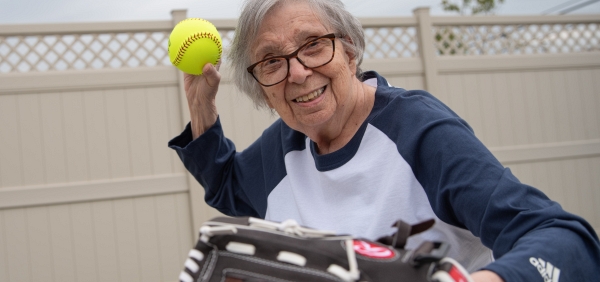Top Dementia Caregiver Mistakes to Avoid

Taking on the role of caregiver for a loved one with dementia can feel like a step into uncharted territory. Many things change—even daily interactions can be unpredictable and difficult to navigate. As your family member’s cognitive function declines, you may find that your typical style of communication—which once caused no stress—now seems to trigger your loved one’s confusion, frustration, or even anger. Adjusting the way you approach your daily interactions can help ease the friction, relieve some stress, and reduce the likelihood of challenging behaviors.
Here are some common dementia caregiver mistakes to avoid and ways to adapt your approach:
1. Correcting Mistakes
As cognitive abilities diminish, your loved one is going to make mistakes. It may be unsettling and frustrating if they put their cup of coffee in the refrigerator or tell a neighbor they haven’t been to the library in weeks when you just took them yesterday. But resist the urge to point out their errors. Being told they’ve made a mistake won’t prevent it from happening again. It will only make them feel bad or spark an argument. If it’s a harmless mistake, let it go. If you do feel you need to correct something they’ve told another person, do so privately when your loved one can’t overhear.
2. Engaging in an Argument
Dementia creates gaps in understanding, and your loved one will fill those gaps to the best of their ability. If they can’t remember where their shoes are, for example, they may accuse you of moving them—or worse, stealing them. Your natural instinct will be to defend yourself, which will likely lead to disagreement, confusion, anger or suspicion. Instead, take a deep breath, and respond with calm understanding and then redirect them. You might say something like, “You’re worried I took your shoes. I’ll be sure to find them, so you know where they are. Let’s work on a jigsaw puzzle.”
3. Appealing to Reason
We pride ourselves on being able to take a logical approach to problems and reason our way through them, but dementia can diminish this ability. Presenting logical explanations to your loved one—“Remember? It was raining when we got back from the library and your shoes were wet, so we left them in the mud room.”—will rarely prompt their agreement or understanding. Instead, set their mind at ease—“Let’s find your shoes.”—or use redirection.
4. Reminding Them They Have Dementia
You probably don’t overtly remind your loved one of their condition, but there may be subtle ways that, even with the best of intentions, you still make them aware of their declining abilities. Two common ways are:
Testing. It may seem harmless, but testing your loved one’s memory by asking questions like, “Don’t you remember what day it is?” or “Do you know who this is?” will only be upsetting. That’s because, in all likelihood, they don’t remember, and questions like these tend to be a reminder of the gaps in their memory. It’s more helpful to provide the information they need—“Today is May 3, your sister Laura’s birthday!” or “Here’s your son Carl for a visit!”—so they can feel successful and better navigate social situations.
Being a helicopter caregiver. Certainly your loved one needs help with once-easy tasks, but don’t let your natural inclination to keep them safe and happy lead you to take over completely. Let them tackle the tasks they can still manage, or still enjoy, even if they’re slower than they used to be. Focusing on the skills and abilities your loved one still has will foster their confidence and contentment.
5. Taking Behaviors Personally
One of the most challenging parts of caregiving for someone with dementia is that your once well-mannered, kindhearted family member may now lash out in anger or withdraw into moody silence. It can feel as if they’re deliberately trying to provoke you or hold you responsible for things beyond your control. Keep reminding yourself that it’s their condition that’s causing these behaviors. It’s not a reflection on you or their true feelings about you. Dementia is a challenging condition and there will be hard days, even when you’re offering the best possible care.
6. Forgetting to Have Fun
Dementia caregiving is a serious responsibility, but you can lighten the load—and the mood—by making fun a daily event. What do you and your loved one like to do? Is there a nearby park bench where you can enjoy pleasant weather and people watching? Do you both get a kick out of playing card games, working with modeling clay, or cheering on your hometown team?
Your Partner in Navigating Dementia Care
At Artis Senior Living, we know being a dementia caregiver brings challenges. That’s why we offer caregiver support, partnering with you as you navigate the caregiver journey, hosting educational events and, when the time comes for your loved one to have 24-hour dementia care, providing exceptional Memory Care that fosters their dignity and contentment. Contact us to find out more about our personalized approach to care or to find a community near you and schedule a visit.



